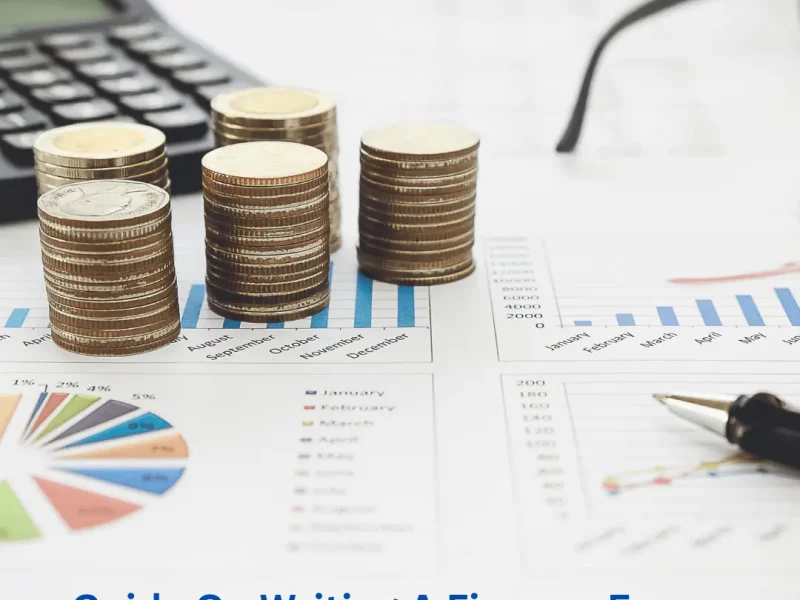
Introduction
Insider trading is the act of buying or selling securities using material non-public information. This practice is illegal and has significant consequences for both the individuals involved and the broader financial markets. Ivan Boesky was a notorious insider trader who gained fame in the 1980s for his successful trading strategies that were largely based on insider information. Boesky’s insider trading scheme was eventually discovered by regulators and led to significant legal consequences, including imprisonment. Boesky’s case serves as a cautionary tale for investors and highlights the importance of compliance with insider trading laws.
Ivan Boesky’s Insider Trading Scheme
Background and Rise to Fame
Ivan Boesky was born in Detroit, Michigan, in 1937. He studied law at Detroit College of Law and began his career as a tax attorney. In the 1970s, Boesky switched to investing and became a successful arbitrageur. He gained fame for his trading strategies, which were largely based on insider information.
Boesky’s Trading Strategy and Use of Insider Information
Boesky’s trading strategy involved taking large positions in companies that were about to be acquired. He used his connections with corporate executives and investment bankers to obtain insider information about potential mergers and acquisitions. This information allowed him to make profitable trades before the public announcement of the merger or acquisition, earning him significant profits.
The Downfall and Investigation of Boesky’s Scheme
In 1986, Boesky’s insider trading scheme was discovered by the Securities and Exchange Commission (SEC). He was charged with insider trading and agreed to cooperate with the authorities in exchange for a reduced sentence. Boesky provided information about other insider traders, including Michael Milken, who was also involved in insider trading. Boesky’s cooperation led to significant fines and legal consequences for the individuals involved in the insider trading scheme.
Legal Consequences and Imprisonment
Boesky’s Legal Battle and Consequences of Insider Trading
Boesky pleaded guilty to insider trading charges and paid a fine of $100 million. He was also banned from the securities industry for life. Boesky’s insider trading scheme had a significant impact on financial markets and led to a perception that the markets were rigged in favor of insiders. The scandal undermined investor confidence and led to increased scrutiny of insider trading and corporate governance.
Sentencing and Imprisonment
Boesky was sentenced to three years in prison, although he served only two years due to his cooperation with the authorities. Boesky’s imprisonment was a significant moment in the history of insider trading, and his case led to increased enforcement and regulation of insider trading.
Boesky’s Cooperation with Authorities and Release from Prison
Boesky’s cooperation with the authorities led to significant fines and legal consequences for other individuals involved in insider trading. His cooperation also led to the downfall of Michael Milken and other insider traders. Boesky was released from prison in 1990 and has largely stayed out of the public eye since then.
Lessons Learned from Ivan Boesky Prison
The Consequences of Insider Trading Are Severe
Boesky’s case demonstrated the severe legal and financial consequences of engaging in insider trading. He was sentenced to three years in prison, fined $100 million, and permanently barred from working in the securities industry. While Boesky was not the only one involved in insider trading during this time, his high profile and cooperation with law enforcement made him a prime target for prosecution. The severity of his punishment sent a message to others that insider trading is not worth the risk.
Ethics Matter in Business and Finance
The Ivan Boesky insider trading scandal highlighted the importance of ethics in business and finance. Boesky’s insider trading was driven by greed and a desire to profit at the expense of others. His actions violated the trust of his clients and damaged the reputation of the financial industry as a whole. The scandal served as a wake-up call for the industry to prioritize ethical behavior and to ensure that financial professionals act with integrity and transparency.
Regulatory Oversight and Enforcement Are Crucial
The Boesky case demonstrated the need for strong regulatory oversight and enforcement in the financial industry. Boesky’s activities were able to go unchecked for years, and it was only through the efforts of law enforcement that he was caught and prosecuted. As a result of the controversy, the Securities and Exchange Commission (SEC) was given more power to investigate and prosecute cases of insider trading, and the penalties for such trading were enhanced.
Cooperation with Law Enforcement Can Help Uncover Illegal Activity
Boesky’s cooperation with law enforcement was a significant factor in his reduced sentence and the subsequent prosecution of other individuals involved in insider trading. His testimony against others helped to secure additional convictions and shed light on the extent of illegal activity in the securities industry. Boesky’s case demonstrated the value of cooperation with law enforcement in uncovering and prosecuting illegal activity.
Insider Trading Undermines the Integrity of the Financial Markets
The Boesky scandal highlighted the damage that insider trading can do to the integrity of the financial markets. Insider trading gives an unfair advantage to a select few at the expense of other investors, and it erodes the public’s trust in the fairness and transparency of the markets. The scandal sparked a public outcry and led to a greater awareness of the need for integrity in the financial industry.
The Impact of High-Profile Cases on Public Perception
The Boesky scandal had a significant impact on the public’s perception of the financial industry. The media coverage of the case brought the issue of insider trading to the forefront of public attention and led to greater scrutiny of the financial industry. The scandal damaged the reputation of the industry and eroded public trust in its practices. It also led to greater pressure on regulators to ensure that the financial industry operates with transparency and accountability.
Financial Markets Are Vulnerable to Manipulation
The Boesky scandal highlighted the vulnerability of financial markets to manipulation. Insider trading is just one form of market manipulation that can have a significant impact on market prices and undermine the integrity of the financial system. The scandal led to a greater awareness of the need for vigilance and regulation to ensure that the financial markets are not subject to manipulation.
The Importance of Personal Responsibility
Ivan Boesky’s case highlights the importance of personal responsibility. He was not only responsible for his actions but also the actions of those under his supervision. He was responsible for the actions of his employees who participated in insider trading. It is essential to hold oneself and others accountable for ethical behavior, especially when it comes to financial dealings. Boesky’s lack of personal responsibility resulted in significant consequences for both himself and his employees.
The Importance of Learning from Past Mistakes
The lessons learned from Ivan Boesky’s case are still relevant today. It is crucial to learn from past mistakes to avoid making them again in the future. The case serves as a reminder that the temptation to make quick and easy money is strong, but the consequences of unethical and illegal behavior are severe. By studying the case and reflecting on the lessons learned, individuals and organizations can make better-informed decisions, act with integrity, and avoid falling into similar traps.
Conclusion
The Ivan Boesky scandal was a defining moment in the history of insider trading and financial regulation. Boesky’s actions, and the subsequent investigation and prosecution, exposed the rampant illegal activity in the securities industry during the 1980s and led to significant changes in the way insider trading is regulated and enforced. While the scandal had a significant impact on the industry and the public’s perception of it, it also served as a valuable lesson on the importance of ethics, transparency, and accountability in business and finance.



